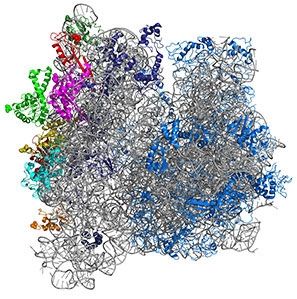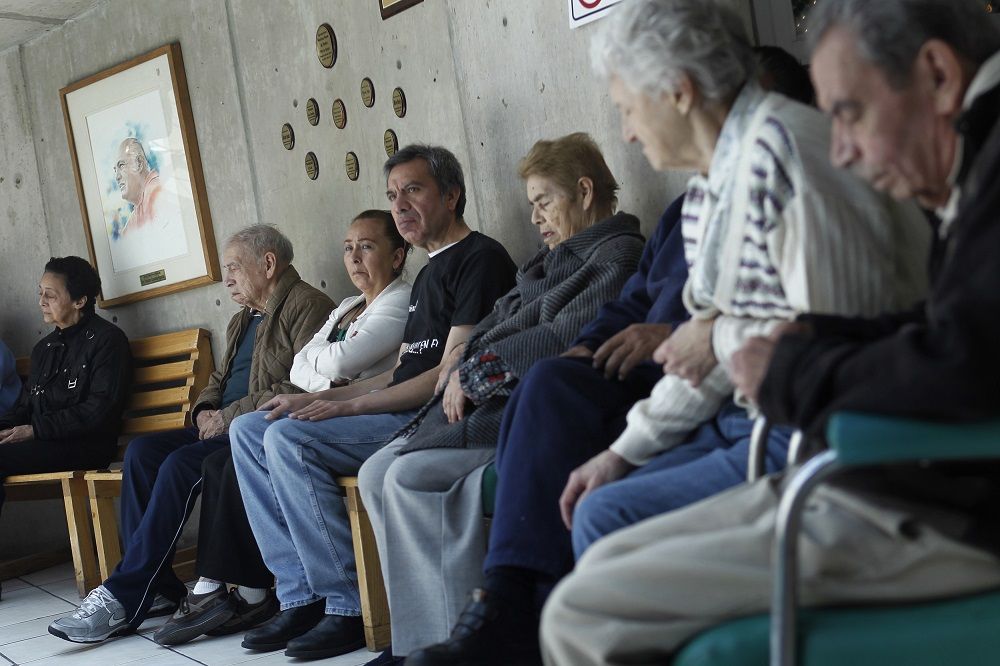Jul 13, 2016
Viruses revealed to be a major driver of human evolution
Posted by Karen Hurst in categories: biotech/medical, evolution
The constant battle between pathogens and their hosts has long been recognized as a key driver of evolution, but until now scientists have not had the tools to look at these patterns globally across species and genomes. In a new study, researchers apply big-data analysis to reveal the full extent of viruses’ impact on the evolution of humans and other mammals.
Their findings suggest an astonishing 30 percent of all protein adaptations since humans’ divergence with chimpanzees have been driven by viruses.
“When you have a pandemic or an epidemic at some point in evolution, the population that is targeted by the virus either adapts, or goes extinct. We knew that, but what really surprised us is the strength and clarity of the pattern we found,” said David Enard, Ph.D., a postdoctoral fellow at Stanford University and the study’s first author. “This is the first time that viruses have been shown to have such a strong impact on adaptation.”
Continue reading “Viruses revealed to be a major driver of human evolution” »


















